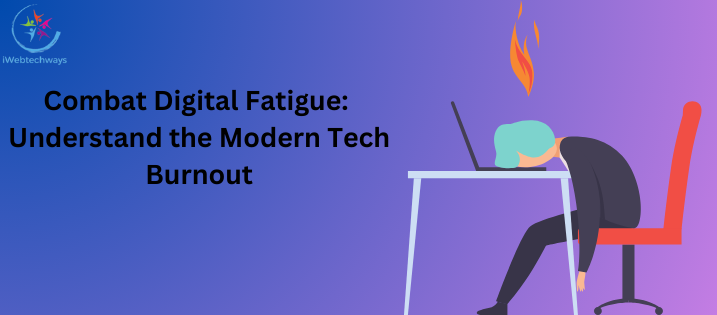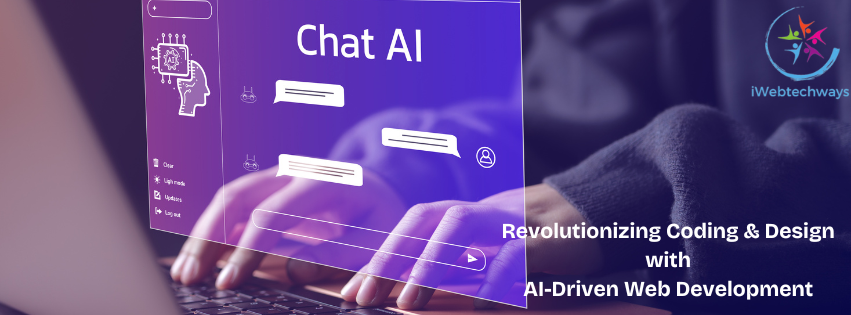In the ever-evolving world of digital marketing, staying ahead of the competition is crucial. One of the key elements in achieving online success is search engine optimization (SEO), which helps businesses rank higher in search engine results pages (SERPs). As technology continues to advance, the integration of artificial intelligence (AI) into SEO practices has become a game-changer. AI-powered tools and algorithms have revolutionized the way businesses approach SEO, offering more efficient and effective strategies. In this article, we will explore the synergy between AI and SEO and how it is shaping the future of digital marketing.

Understanding AI in SEO
AI refers to the simulation of human intelligence in machines, enabling them to perform tasks that typically require human intelligence, such as problem-solving, learning, and decision-making. When it comes to SEO, AI has introduced new opportunities to analyze vast amounts of data, make data-driven decisions, and automate repetitive tasks, leading to more accurate and effective optimization strategies.
Enhanced Keyword Research
Keyword research is a critical component of SEO, as it helps businesses understand what their target audience is searching for. AI-powered tools can analyze search patterns, user intent, and content relevance to provide valuable insights for keyword research. These tools can identify long-tail keywords, uncover new keyword opportunities, and even predict future search trends, allowing businesses to optimize their content with the most relevant and high-performing keywords.
Content Creation and Optimization
AI has significantly transformed content creation and optimization. Natural Language Processing (NLP) algorithms can analyze the semantic meaning of content, enabling search engines to understand context and deliver more accurate search results. AI-powered tools can also generate content ideas, improve content readability, and even automate content creation for certain types of content, such as news articles or reports. This not only saves time and effort but also ensures that content is well-optimized for search engines.
User Experience and Personalization
AI has greatly influenced user experience (UX) and personalization in SEO. AI algorithms can analyze user behavior, preferences, and engagement metrics to provide personalized recommendations and improve user satisfaction. By understanding user intent and behavior, businesses can optimize their websites and content to deliver a more personalized and relevant experience. This leads to higher user engagement, longer session durations, and ultimately, better search rankings.
Voice Search Optimization
With the rise of virtual assistants and smart devices, voice search has become increasingly popular. AI-powered voice recognition technology has made it possible for search engines to understand and interpret voice queries accurately. Optimizing for voice search requires a different approach than traditional text-based SEO. AI algorithms can analyze voice search patterns, understand conversational language, and provide businesses with insights on optimizing their content for voice search queries.
Advanced Data Analysis and Insights
AI algorithms have the capability to analyze vast amounts of data quickly and accurately. This enables businesses to gain valuable insights into their SEO efforts. AI-powered tools can provide comprehensive website audits, identify technical SEO issues, track keyword rankings, monitor backlinks, and generate in-depth performance reports. By leveraging AI for data analysis, businesses can make data-driven decisions, identify areas for improvement, and fine-tune their SEO strategies for optimal results.
The Future of AI and SEO
As AI technology continues to evolve, the future of SEO holds even more exciting possibilities. Here are some potential developments on the horizon:
AI-powered Chatbots: Chatbots powered by AI can provide instant customer support, answer queries, and guide users through the buyer’s journey. This improves user experience, increases engagement, and enhances customer satisfaction.
Image and Video Optimization: AI algorithms will become more sophisticated in understanding visual content, leading to better image and video optimization for search engines. This opens up new opportunities for businesses to optimize their visual content and improve search visibility.
Hyper-Personalization: AI algorithms will enable businesses to deliver highly personalized content and offers based on individual user preferences, behavior, and demographics. This level of personalization can significantly enhance user experience and drive conversion rates.
Predictive Analytics: AI-powered predictive analytics can forecast future trends, consumer behavior, and changes in search algorithms. This helps businesses stay ahead of the curve and proactively adapt their SEO strategies.
Conclusion
The integration of AI into SEO practices has revolutionized the digital marketing landscape. AI-powered tools and algorithms have empowered businesses to enhance keyword research, improve content creation and optimization, personalize user experiences, optimize for voice search, and gain valuable insights through advanced data analysis. As AI technology continues to advance, the future of SEO holds immense potential for hyper-personalization, predictive analytics, and even more intelligent automation. Embracing the synergy between AI and SEO will undoubtedly be a key factor in staying competitive and achieving online success in the digital era.










